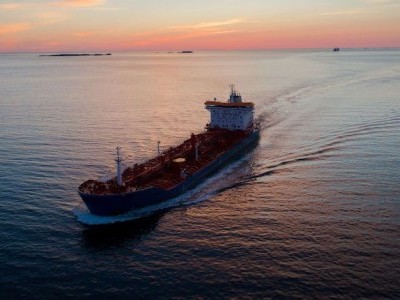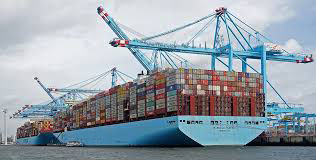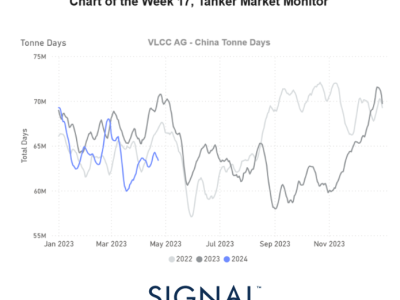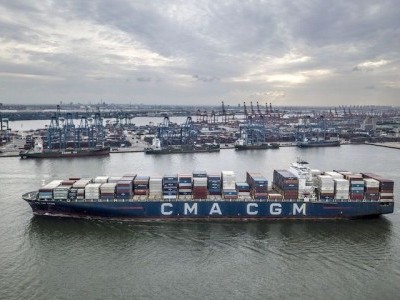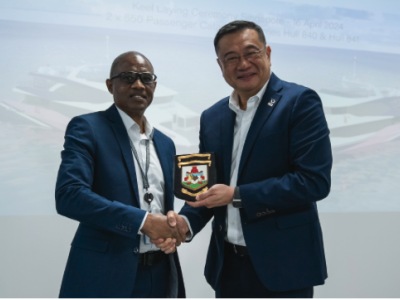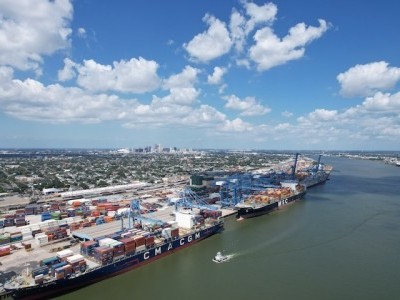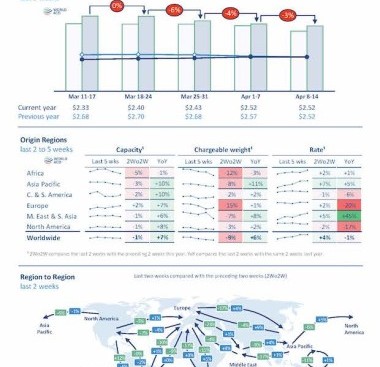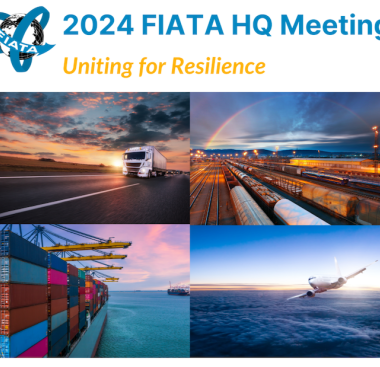|
The International Maritime Rescue Federation (IMRF) released its #FutureSAR Report as part of the organisation’s ongoing campaign to raise awareness of the impacts and effects of climate change on global maritime search and rescue (SAR) operations.
The report marks the completion of the first phase of the IMRF #FutureSAR initiative, which is funded and supported by Lloyd’s Register Foundation. The initiative's purpose is to identify challenges related to climate change for the global maritime SAR industry and provide guidance and best practices for future rescue operations, focusing on adaptation.
The report is structured around the impacts on different sectors of SAR, including administration, vessel design, equipment, personnel and training, operations, stations, and units, ensuring that all aspects of the wide remit of the maritime SAR sector are focused on.
The #FutureSAR Report covers the most significant expected impacts of climate change on maritime SAR, considering each scenario's speculative nature and different likelihoods. Subsequent phases of the initiative will tackle uncertainties and propose more solutions.
Caroline Jupe, CEO of the IMRF, said: “The report has spurred discussions on the possibility of implementing global collaborative efforts, which could greatly improve the sharing of information and best practices related to climate change within the maritime SAR community. One proposed solution is establishing an international database to collect and distribute data gathered by SAR organisations worldwide to improve situational awareness of climate change-related risks.
“The process of adapting and becoming resilient is a never-ending journey that requires constant assessment, education, and collaboration across the international maritime SAR community. This report not only establishes a basis for such endeavours but also urges all parties concerned with maritime safety and environmental conservation to take action,” she added.
Jan Przydatek, Director of Technologies at Lloyds Foundation, said: “As climate change continues to reshape the maritime environment, maritime SAR organisations must remain agile and forward-thinking to adapt to these changes. The IMRF’s #FutureSAR initiative, through this report and the associated events, plays a pivotal role in equipping SAR organisations with the basic knowledge and approaches to navigate the challenges ahead, ensuring the safety and protection of lives in maritime environments around the world.”
The guidelines presented in the IMRF’s #FutureSAR Report show that the need for robust international and national planning, trained collaboration, and commitment to common aims and procedures is more critical than ever if the maritime SAR community is to successfully adapt to the future challenges of climate change.
|
